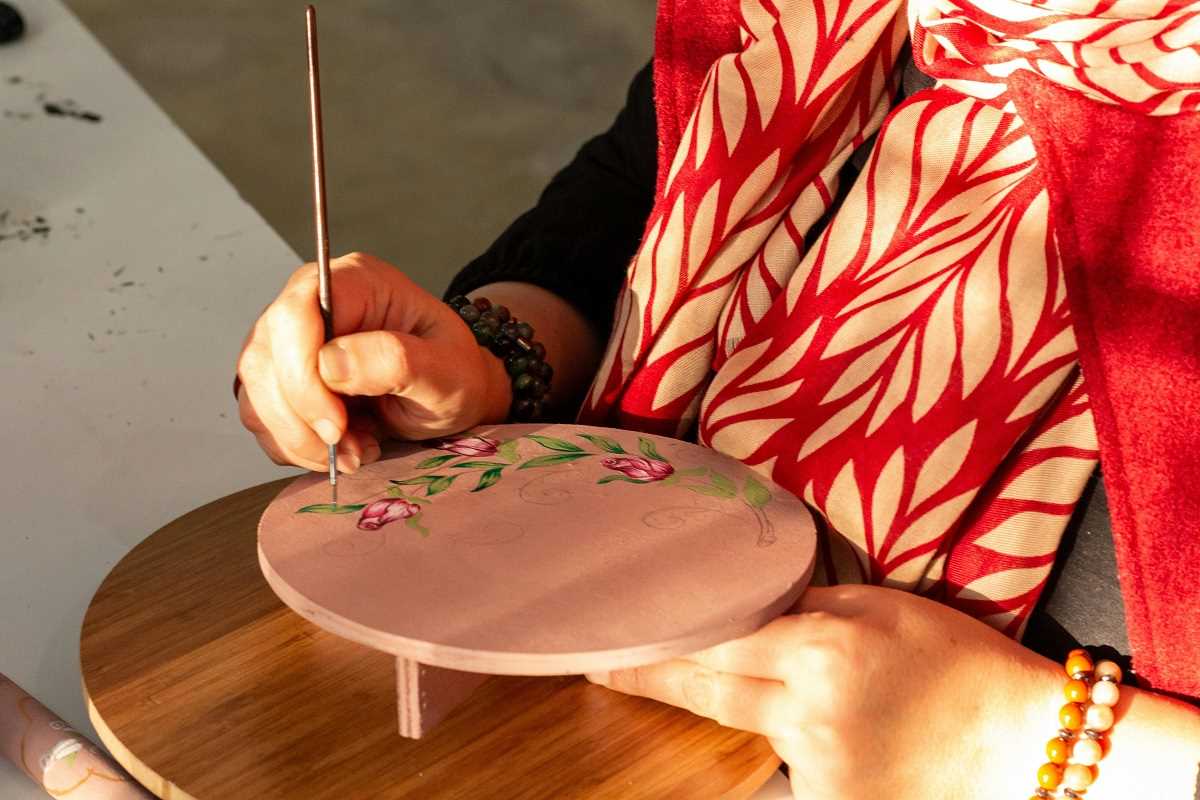Indigenous festivals showcase the rich tapestry of human celebration, offering vibrant ceremonies that honor the intricate connections between people and the natural world. Across diverse regions—from the windswept Arctic to the tropical Pacific islands—these gatherings bring communities together to express gratitude for the cycles of nature, commemorate ancestral wisdom, and reaffirm social bonds. Participants don elaborate costumes adorned with feathers, beads, or intricate carvings, each element carrying layers of symbolic meaning tied to the land, sea, or sky. Music and dance play essential roles, with rhythmic drumming, throat singing, and traditional melodies invoking the power of the elements and guiding communal movements that mirror seasonal patterns. Culinary traditions also feature prominently: communal feasts showcase harvest offerings, foraged delicacies, and age-old cooking methods that link modern generations to their forebears’ survival strategies. Storytelling circles weave together myths of creation, lessons about stewardship, and personal accounts of resilience, ensuring that cultural narratives remain alive and relevant. Beyond the sensory spectacle, these festivals serve as living classrooms, where elders mentor youth in language, craft techniques, and spiritual practices, fostering intergenerational continuity. Visitors who witness these celebrations gain profound insights into sustainable living—observing how ceremonies mark fish migrations, lunar phases, or plant bloom cycles to guide harvesting and hunting practices. By partaking in these festivals, one develops a deeper respect for the wisdom encoded in traditional lifeways and an enhanced awareness of the fragile beauty of the ecosystems that sustain us all.
Festival 1: Nalukataq (Iñupiat Cup Toss Festival)
- Location: Barrow, Alaska
- Traditional Activities: Blanket toss competitions, drumming, singing, and feasting on traditional foods
- Cultural Significance: Celebrates the successful hunt of whales, gives thanks to the sea for its gifts, and reinforces community bonds
Festival 2: Tapati (Rapa Nui Tapati Festival)
- Origins: Rooted in the ancestral traditions of the Rapa Nui people of Easter Island
- Rituals: Traditional dances, facial tattoos, and competitions showcasing Polynesian heritage
- Honoring Natural Cycles: Aligns with seasonal changes, emphasizing the island's agricultural and maritime practices
Festival 3: Matariki (Maori New Year)
Matariki marks the Maori New Year and the emergence of the Pleiades star cluster. This festival serves as a time for remembrance, celebration, and renewal. Unique traditions include storytelling, traditional carving, and the harvesting of crops, all of which underscore the Maori's respect for the natural world. The symbolism behind Maori tattoos connects deeply to their cultural identity and connection to nature.
Festival 4: Sami National Day
The Sami National Day celebrates the heritage and rights of the Sami people in the Nordic countries. Community involvement stands at the heart of the festival, with annual gatherings featuring traditional reindeer herding demonstrations, folk music, and joik performances. Ceremonies emphasize the Sami's historical relationship with the Arctic landscape and their sustainable practices in harmony with nature.
Festival 5: Hornbill Festival
The Hornbill Festival in Arunachal Pradesh, India, showcases the region's rich tribal cultures. Since its inception in 2000, the festival aims to preserve and promote indigenous traditions. Over 100 tribes participate, displaying their unique dances, handicrafts, and indigenous knowledge. This festival plays a crucial role in preserving cultural heritage while encouraging tourism and economic development.
Festival 6: Ainu Cultural Celebrations
The Ainu festivals of Japan represent a blend of traditional practices and modern influences. These celebrations include traditional dances, rituals to honor nature spirits, and contemporary performances that attract younger generations. The integration of modern elements with ancient customs reflects the Ainu community's efforts to evolve while maintaining their cultural identity and connection to nature.
Celebrating lesser-known indigenous festivals enriches our appreciation of cultural diversity and sustainable living, fostering respect for the world's heritage. These traditions reveal profound community bonds with nature.
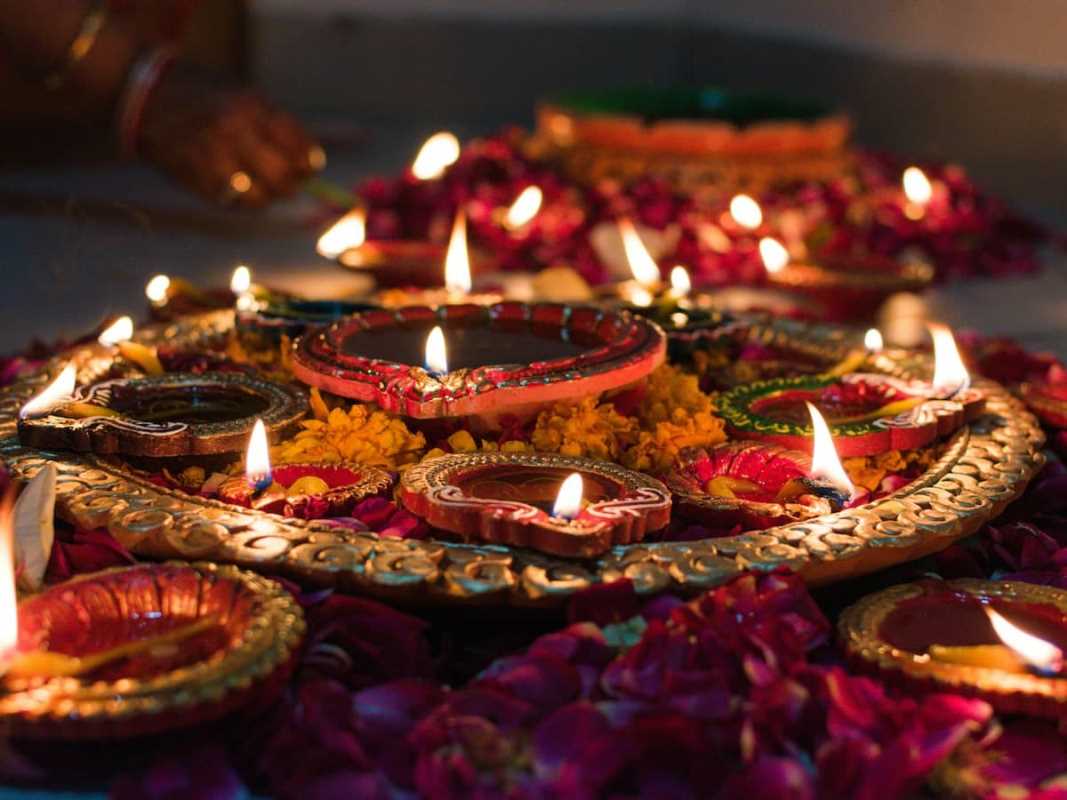

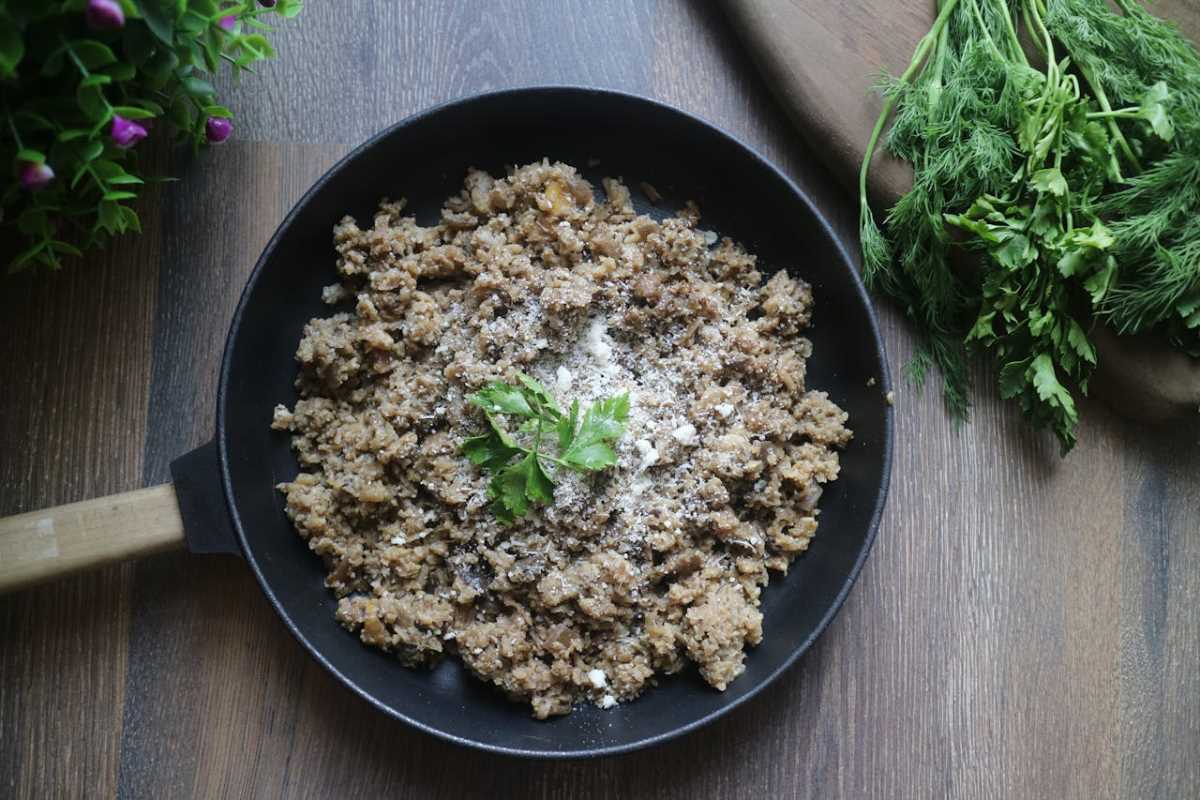
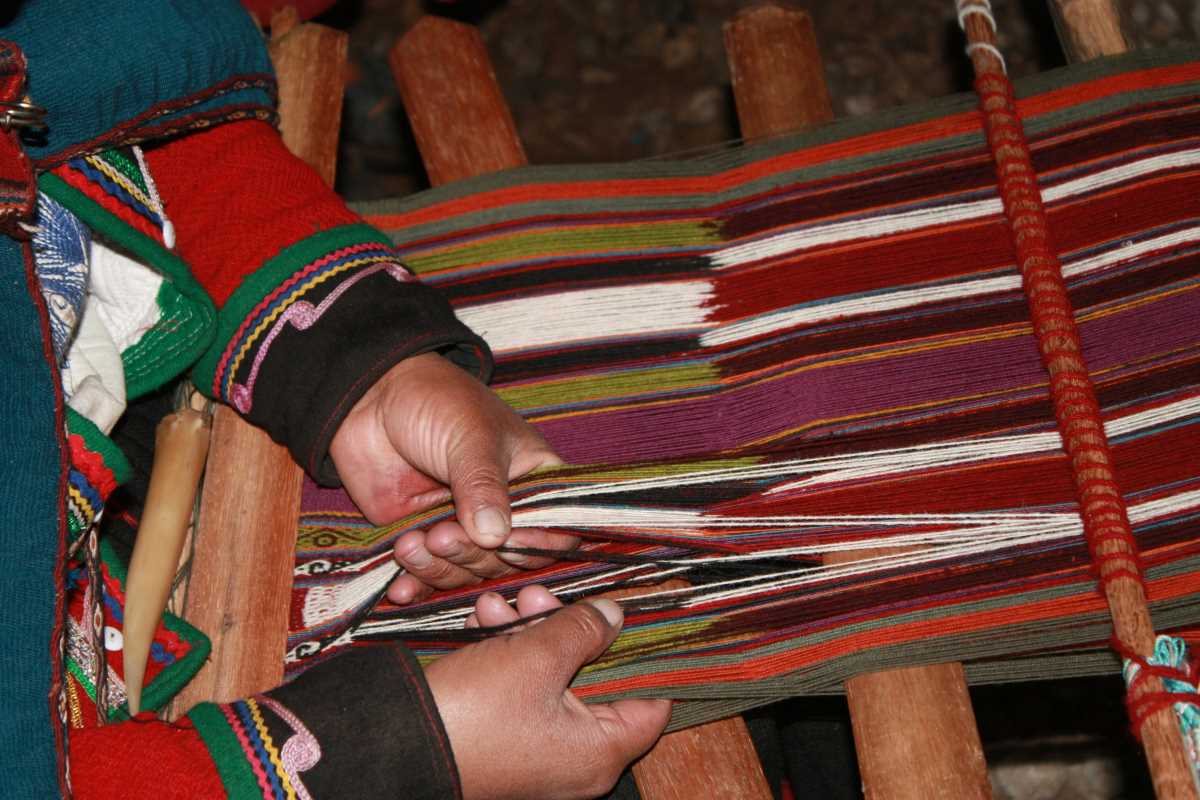
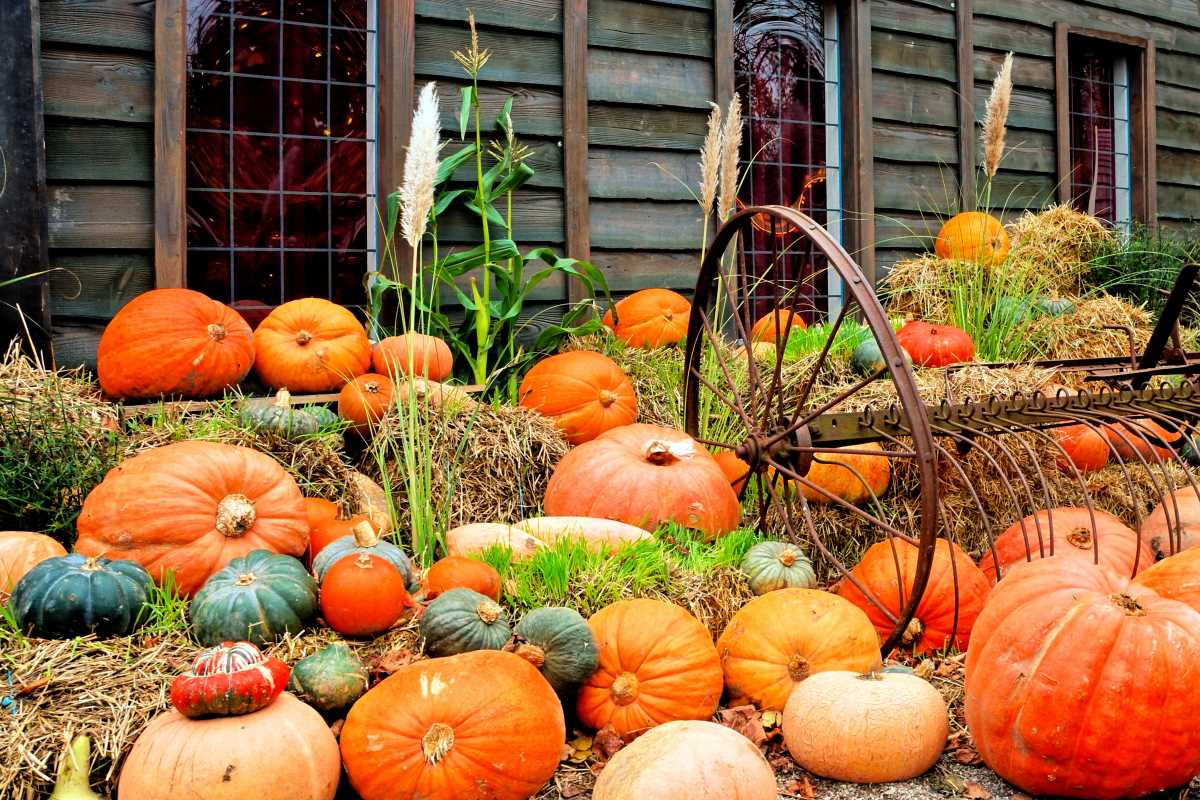
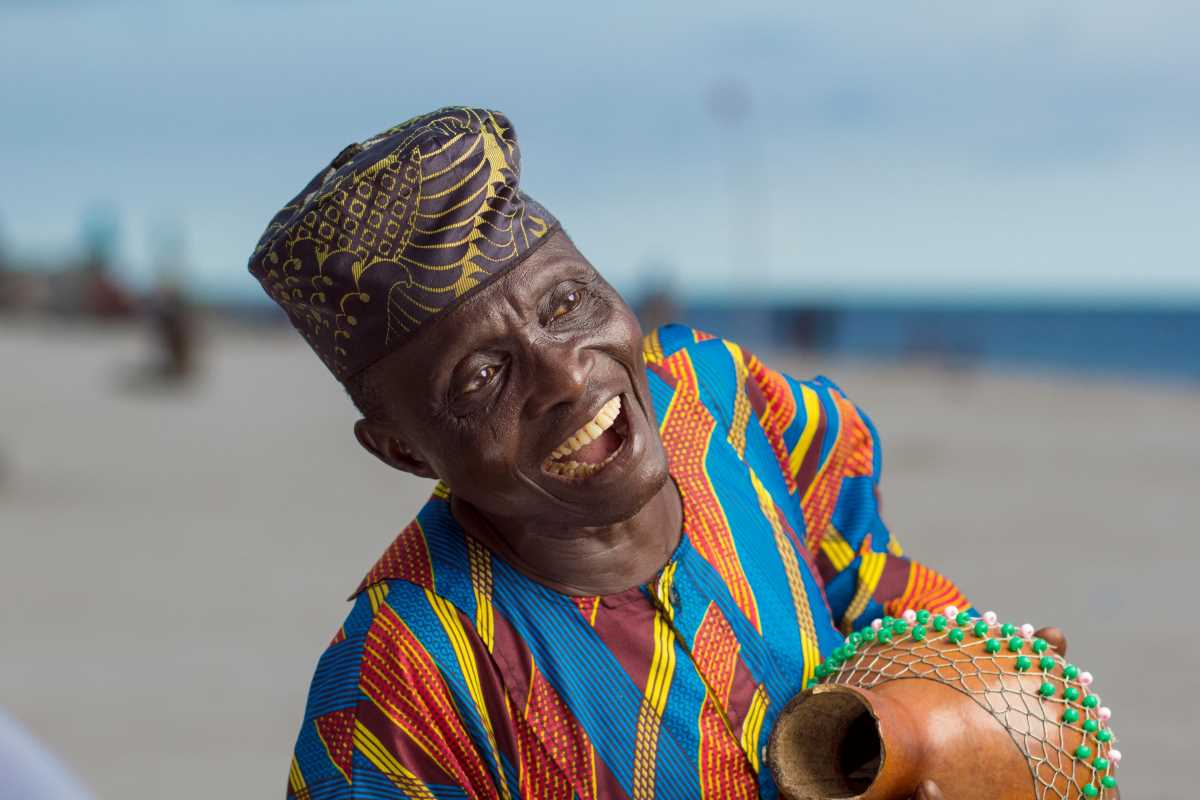
.jpg)
